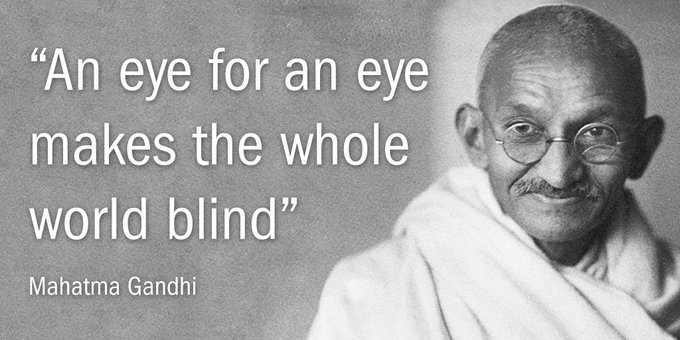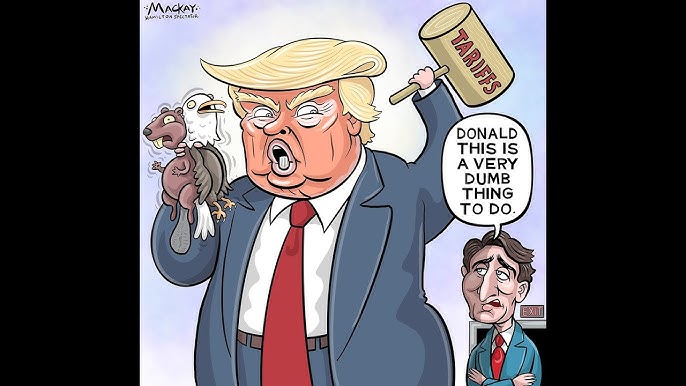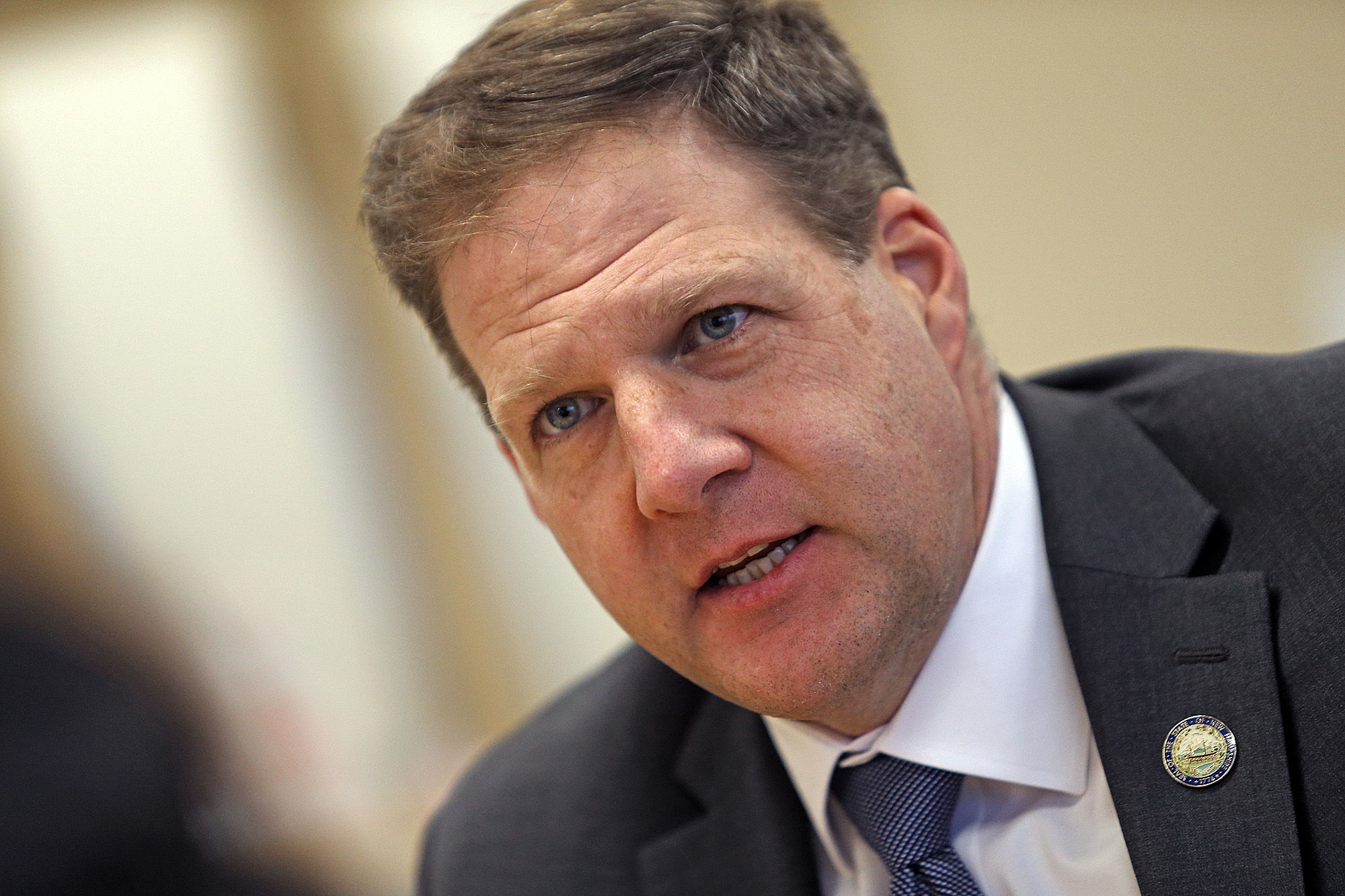by Sean Dempsey, 04/03/2015
Tariffs Explained
Tariffs, often sold as shields to protect a nation’s workers and industries, are in reality a cruel tax that falls hardest on the poor and middle class of the very country that levies them.
Far from safeguarding prosperity, they distort markets, inflate prices, and erode purchasing power, as some of history’s sharpest economic thinkers have long warned. These voices, spanning centuries and ideologies, agree that tariffs are not a weapon against foreign competition but a self-inflicted wound, a burden that disproportionately crushes those least able to bear it.
Adam Smith, literally the “father of modern economics,” saw tariffs as a violation of basic human freedom. He argued that:
“…prohibiting people from making all that they can of every part of their own produce, or from employing their stock and industry in the way that they judge most advantageous to themselves, is a manifest violation of the most sacred rights of mankind.”
Economically, this translates to a grim reality: tariffs block access to cheaper imported goods (e.g. clothing, food, or tools) that the poor and middle class rely on. By forcing them to pay more for domestic alternatives, tariffs act as a regressive tax, eating into tight budgets and leaving less for essentials like rent or healthcare.
Henry George, a 19th-century reformer, put it bluntly:
“To tax the people of a country for the benefit of a few producers is to impose a burden on the many for the profit of the few—a tax on the consumers of the country itself.”
This is the core horror of tariffs for the working classes. The government hikes the cost of everyday goods to prop up a handful of inefficient industries (i.e. steel, vehicles, or textiles) while families stretch their wages to cover the inflated prices.
A loaf of bread or a pair of shoes now becomes a luxury, not because of foreign greed, but because of a tax their OWN nation demands they pay.
Frédéric Bastiat, with biting clarity, called tariffs:
“a tax imposed upon the consumers of imported goods; it is a tax upon ourselves, a tribute we pay to our own inefficiency.”
For the poor, this inefficiency translates to a daily struggle. Imagine a single mother choosing between a $10 imported jacket and a $20 domestic one propped up by tariffs. Her choice is no choice at all…her limited income shrinks further, a direct hit from a policy meant to “protect” her.
Tariffs don’t just raise prices; they rob the vulnerable of options, locking them into a cycle of scarcity.
Alfred Marshall, a giant of neoclassical economics, explained the mechanism:
“The tax on imports is a tax on the people of the importing country… it raises prices at home and diminishes the purchasing power of the community.”
For the middle class (e.g. teachers, nurses, small business owners, etc) this loss of purchasing power is a quiet disaster. A tariff on imported lumber, for instance, drives up housing costs, while one on electronics makes replacing a broken phone a budget-breaking ordeal. The money they’d save on cheaper goods vanishes, funneled instead to subsidize domestic firms that can’t compete without government crutches.
David Ricardo, whose theory of comparative advantage showed trade’s mutual benefits, warned that:
“a tax on imports is a tax on the people of the country levying it, reducing their means of enjoyment and production.”
For the poor, this reduction is stark!
A tariff on imported rice or sugar (staples in many diets) means less food on the table. For the middle class, it’s fewer tools or materials to grow a small business. By taxing imports, a country sacrifices efficiency, forcing its own people to pay more for less, a policy that punishes thrift and ambition alike.
Ludwig von Mises, a defender of free markets, saw tariffs as:
“a tax on the domestic consumer, a levy that protects inefficiency at the expense of the public’s wealth.”
This inefficiency hits hardest at the bottom rungs. A tariff on imported auto parts, for example, jacks up repair costs, stranding a low-wage worker without a car to get to work.
The middle class fares little better: higher prices for everything from appliances to fuel squeeze their savings, all to coddle industries that can’t stand on their own. It’s a tax that rewards failure and penalizes the striving.
Milton Friedman, a 20th-century free-market icon, nailed the injustice:
“Tariffs are a tax on the American consumer, paid not to the government for public use but to inefficient producers as a subsidy.”
This is the final sting for the poor and middle class. The extra dollars they fork over at the store don’t build roads or schools—they pad the profits of inefficient firms too weak to survive open competition. A tariff on imported sneakers doesn’t help a cashier or a truck driver; it just makes their kids’ shoes cost more, a direct transfer from their thin wallets to corporate ledgers.
The economics are clear: tariffs raise the cost of living by restricting supply, forcing the poor and middle class to shoulder the burden through higher prices on goods they can’t avoid buying.
Unlike income taxes, which scale with earnings, tariffs hit everyone equally per purchase, making them brutally regressive. A millionaire and a minimum-wage worker pay the same tariff-driven markup on a gallon of milk, but for the latter, it’s a far bigger bite.
These economists, from Smith to Friedman, clearly reveal tariffs as a policy that sounds noble but delivers misery, taxing a nation’s own people, especially its most vulnerable, to prop up the few. The poor and middle class don’t need protection from foreign goods; they need relief from their own government’s misguided levies.
BUT China and Other Countries … They’re Putting Tariffs on US!! We Must Level The Playing Field, Right?
Responding in kind to foreign tariffs is like burning your own house because your neighbor put up a fence.
Yes, it’s true that some countries impose tariffs on U.S. goods, but the proper response isn’t to hurt our own people just to “even the score.” Tariffs are not targeted missiles that only hit foreign producers; they’re scattershot taxes that explode in the faces of our own poor and middle class.
When we slap retaliatory tariffs on imports, we punish American consumers, not foreign governments. The idea of balance is a red herring; there is no justice in inflicting equal harm on your own citizens just because another government inflicted harm on theirs. That’s not strategic policy, that’s economic masochism.
As stated above, Adam Smith, Bastiat, Ricardo, Friedman, and others were clear: a tariff is a tax on your own people. If another nation chooses to tax their consumers with import duties, that’s their mistake. Why mirror their failure by taxing our own families, small businesses, and workers?
Let’s take an example: Suppose Country X puts a 25% tariff on American wheat. Retaliating with a 25% tariff on their electronics may sound fair, but who ends up paying more for phones, laptops, and appliances? Not the government of Country X. It’s American teachers, students, gig workers, and low-income families.
We’re not leveling the playing field; we’re leveling our own purchasing power!
And, again, let’s not forget David Ricardo’s principle of comparative advantage: when each country focuses on what it does best and trades freely, everyone gains. Protectionism ignores this and turns trade into a zero-sum game, where the only winners are politically connected firms and the losers are ordinary consumers.
So the real “imbalance” is not in trade flows, it’s in policy logic. The economic equivalent of “an eye for an eye” leaves both nations blind and their people broke.




A children’s tale to summarize the madness of using tariffs to “level the playing field”:
“Leveling the Playing Field”
Tank Thompson, wild-eyed and grinning, cut off his own ear at recess.
Nobody knew why.
Maybe it was a dare no one heard … or just a storm inside him finally breaking loose.
Blood slicked his neck. He held the ear high like a twisted prize, daring anyone to look away.
Billy didn’t. He couldn’t.
Their eyes locked across the playground. Tank was the school bully. He was Billy’s arch rival. Billy HATED Tank with every fiber of his being. He didn’t play fair. He was mean. He kept all the best toys for himself.
Tank’s gaze was wild, burning, hungry for fear. And he saw it, flickering in Billy — fear, yes, but also something else. Something colder.
Billy’s heart hammered, but his mind felt sharp, clear, terrible. He couldn’t let him win. Somehow he was winning by playing this new game; he knew it!
“If he wants to play mad,” Billy thought, “then I’ll play madder!”
Billy ran inside the school and picked up the dull scissors from the art cart, rusted at the hinge. He came back outside and stared Tank in the eyes.
Without a word, without a flinch, he sawed at his own ear.
He would level the playing field!! It wasn’t fair for Tank to have fewer ears than him!!
The action wasn’t quick. It wasn’t clean.
But it was done.
He held the torn ear aloft, his breath ragged, his face pale as paper. Blood crept down his neck like red ink from a broken pen.
“Now we’re even!” he screamed at Tank, voice hoarse with pain.
Tank’s grin faltered, then faded.
The playground was silent. Even the wind had stopped.
From that day on, the slide rusted faster, the swings swayed empty, and the children played quieter.
The playground never quite felt safe again.
The End.
“A nation that forgets how to reason will soon forget how to prosper. And so it is that many among us now see the bounty of trade not as the fruit of freedom, but as the spoils of conquest. They imagine every dollar spent abroad as a cannonball fired at home, and every tariff imposed by our rivals as a mortal wound to our prosperity. But they fail to see — as only the poorly taught could fail to see — that tariffs are a poison most deadly to the one who swallows them. When China raises its tariffs, it does not strike us down; it wounds itself, burdening its own people with higher prices, limiting its own growth, and severing the very arteries of commerce that sustain it.
To believe otherwise is to believe the absurd — that a man may curse his neighbor by setting fire to his own house. And yet this absurdity flourishes in the minds of a citizenry betrayed by their own education. For our schools, having long abandoned the duty to teach the principles of free exchange, have instead nurtured a generation that sees in every foreign policy a contest of dominance, not a partnership of mutual benefit. They have taught envy over enterprise, grievance over gratitude, and fear over understanding.
Thus do we arrive at this wretched pass: a land of plenty, yet a land of panic; a nation enriched by trade, yet filled with fools who cannot see that trade enriches both buyer and seller alike. Tariffs punish the people who impose them — always and without exception — and only the ignorant or the willfully blind would mistake them for weapons of victory.”